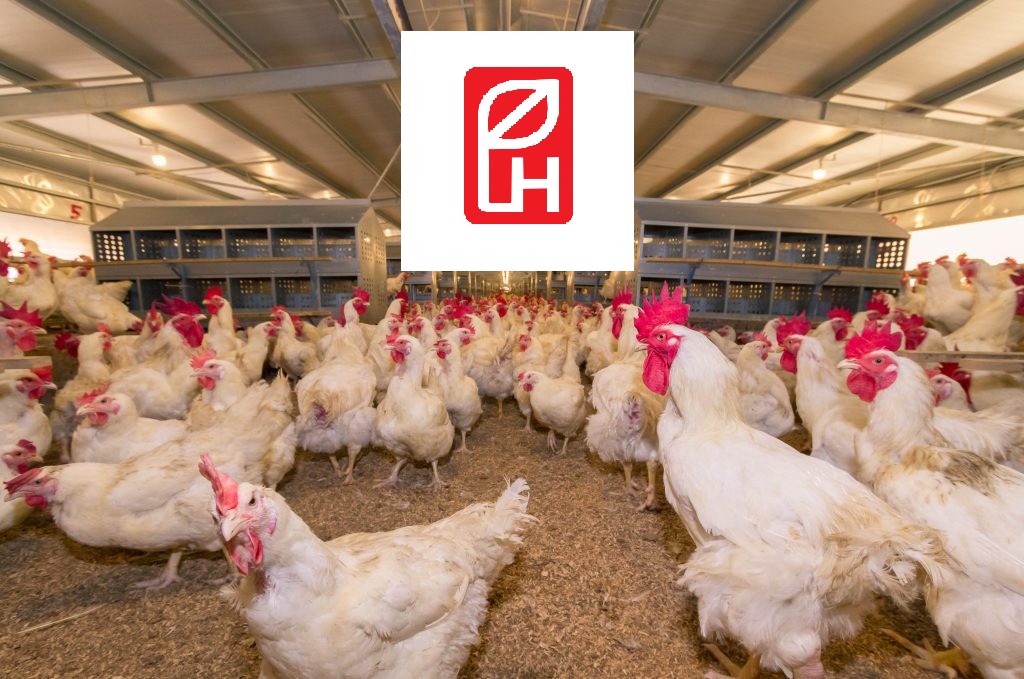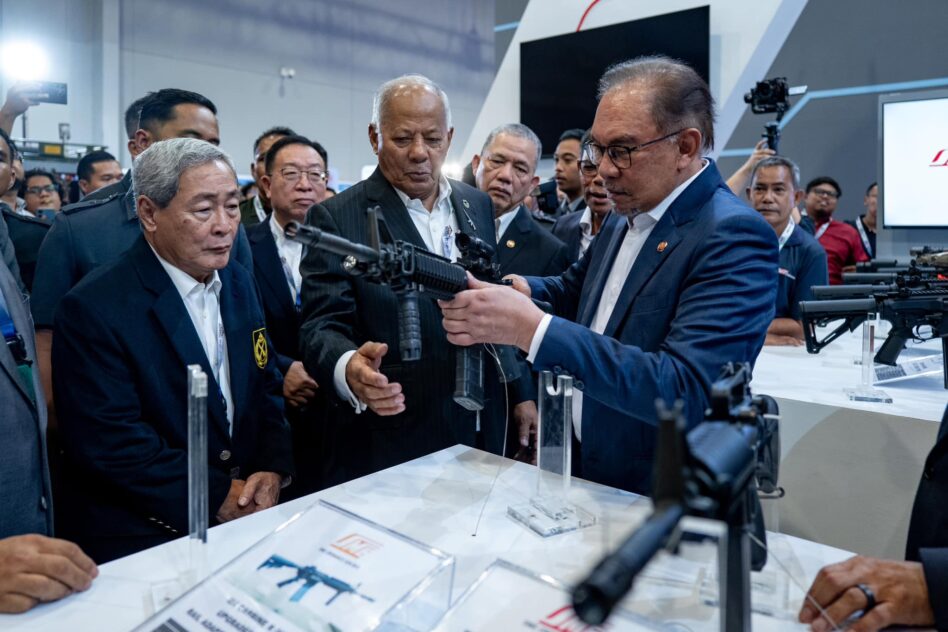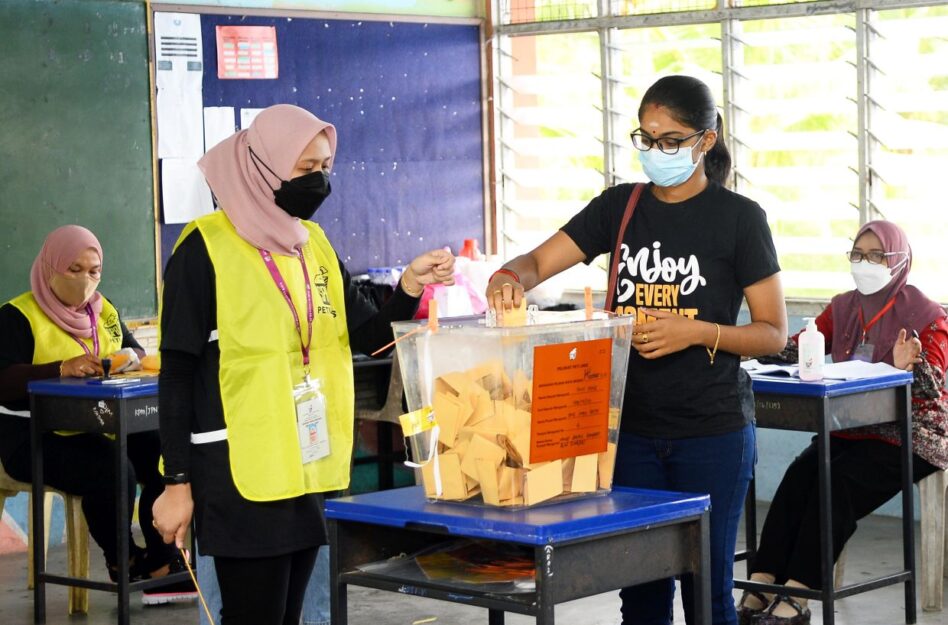LEONG Hup International Bhd (LHIB), one of Southeast Asia’s largest fully integrated producers of poultry, eggs and livestock feed, faces “a worst-case financial penalty of between RM74.4 mil-RM744.4 mil” for allegedly participating in anti-competition practice over the past two years by the Malaysia Competition Commission (MyCC).
The quantum, according to MIDF Research, is premised on a financial penalty of between 1% and 10% of LHIB’s feed mill revenues from early 2020 to mid-2022 – the stipulated period of the offence.
“Based on Section 40(1) of the Competition Act 2010 (Act 712), if MyCC has determined that Section 4 of the act has been violated, the commission may impose a financial penalty not exceeding 10% of the group’s feed mill revenue for the relevant period,” projected the research house.
“Note that LHIB only operates feed mill in Malaysia. The financial penalty could potentially drag LHIB’s FY2022 revenue by -0.9% to -9% and net earnings by -63.0% to -633%.”
Last Friday (Aug 5), LHIB’s wholly owned subsidiary Leong Hup Feedmill Malaysia Sdn Bhd (LFM) and four other feed millers were notified by the MyCC that they had been provisionally determined to have violated Section 4 of the Competition Act 2010.
Leong Hup Feedmill which is engaged in the production and sale of animal feed as well as provision of transportation services was alleged to have participated in anti-competitive agreements and/or coordinated actions to raise the price of poultry feed.
Section 4(1) of the Competition Act 2010 prohibits businesses from entering into a horizontal or vertical agreement if it significantly lessens, prevents or distorts competition in any market for goods or services.
The other four feed millers are (i) PPB Group Bhd’s 80%-owned FFM Bhd; (ii) Malaysian Flour Mills Bhd’s Dindings Poultry Development Centre Sdn Bhd; (iii) Gold Coin Feedmills (M) Sdn Bhd (under Gold Coin Group); and (iv) PK Agro-Industrial Products (M) Sdn Bhd under CP Malaysia.
In its defence, LHIB has contended that the cost hikes of feed millers is mainly due to Malaysian feed mills importing the same raw materials from overseas.
In view of the oligopoly structure of feedmills where businesses manufacture homogeneous products at a fixed marginal cost, LHIB justified that feed millers compete by establishing pricing such that when one increases, the others follow suit.
Hence, the group emphasised that just because the price increase occurred at the same time does not equate to price fixing.
Reiterating its “neutral stance on LHIB with an unchanged target price of 47 sen, MIDF Research said it would keep its earnings estimate given that the MyCC’s findings are provisional and the proposed direction has yet to be decided.
“We are aware that the margin compression will continue in the near term on the back of continued high raw material prices faced by feed millers along with the price controls for chicken and eggs in Malaysia,” noted the research house.
“Despite that, we are positive about LHIB’s long-term prospects, underpinned by its (i) vertical integration of poultry, eggs, and livestock feed; and (ii) geographical diversification across Malaysia, Singapore, Indonesia, Vietnam, and the Philippines.”
At the close of yesterday’s (Aug 9) trading, Leong Hup was down 0.5 sen or 0.96% to 51.5 sen with 1.37 million shares traded, thus valuing the company at RM1.88 bil. – Aug 9, 2022










